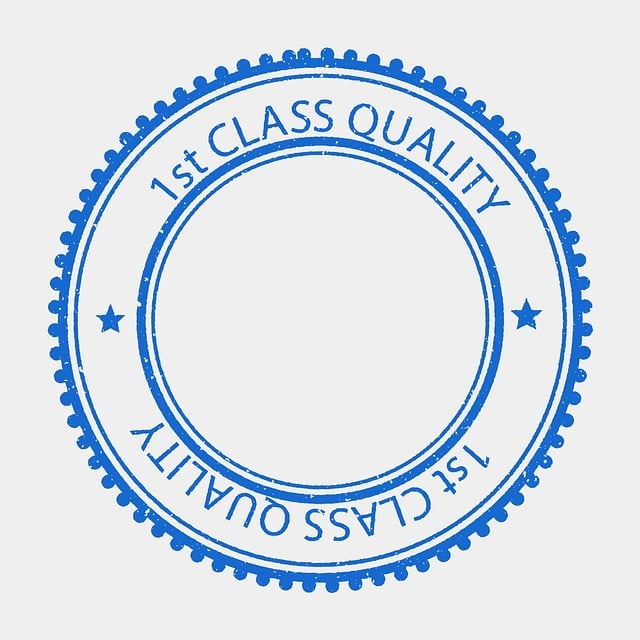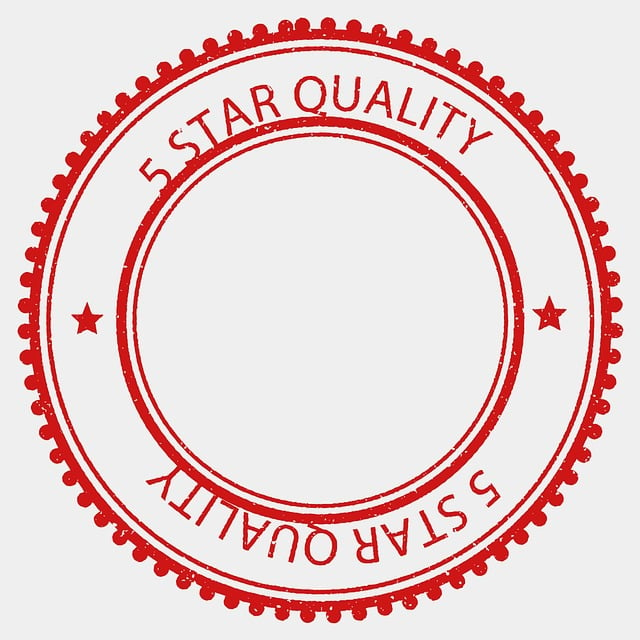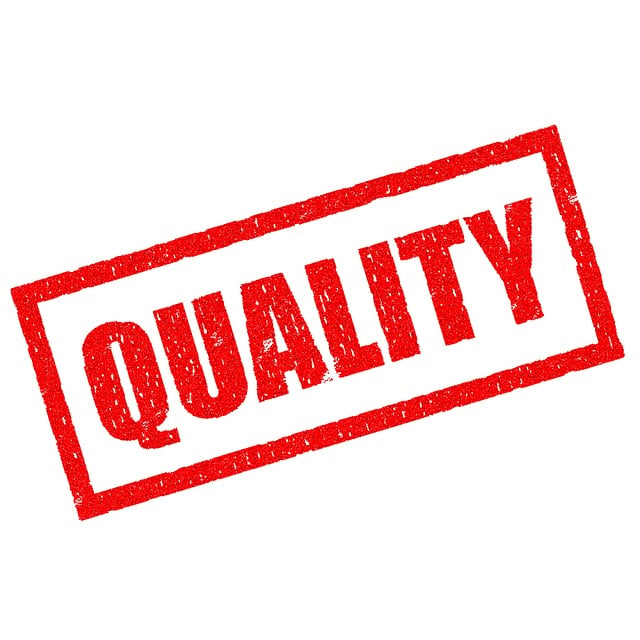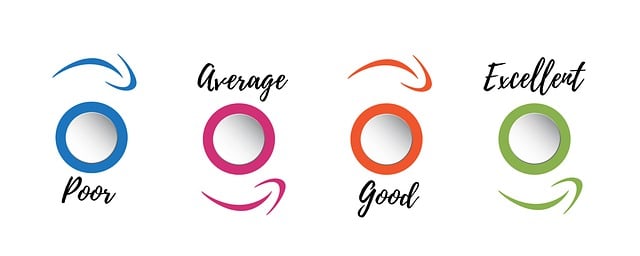Prioritize research when selecting an insurance bonding provider. Check industry-recognized ratings and customer reviews for reputation and performance. Leverage network referrals from trusted sources. Understand coverage limits, conditions, and exclusions. Compare quotes from multiple reputable insurers. Verify insurance bonding and licenses in regulated sectors.
When choosing an insurance provider, it’s crucial to seek recommendations from trusted sources. This comprehensive guide walks you through essential steps to ensure a secure decision. Research insurer reputations and ratings, examine customer reviews, and seek referrals from your network. Compare quotes from multiple sources, scrutinize coverage limits and conditions, and verify bonding and licensing credentials. By following these guidelines, you’ll find the right insurance provider for your needs while maintaining peace of mind.
- Research Insurer Reputations And Ratings
- Examine Customer Reviews And Testimonials
- Seek Referrals From Trusted Networks
- Check Coverage Limits And Conditions
- Compare Quotes From Multiple Sources
- Verify Bonding And Licensing Credentials
Research Insurer Reputations And Ratings

When considering an insurance provider, it’s crucial to research their reputation and ratings. Start by checking industry-recognized platforms that offer unbiased assessments of insurers. These sources provide valuable insights into a company’s financial stability, claims handling, customer satisfaction, and overall performance. Looking at insurance bonding ratings can give you a clear picture of the provider’s reliability and trustworthiness.
Reputable rating agencies conduct thorough analyses, considering various factors to assign grades and scores. Pay attention to their criteria, which often include financial strength, ability to meet obligations, and customer service excellence. By comparing different insurers based on these ratings, you can make an informed decision, ensuring you choose a company that aligns with your needs and offers peace of mind.
Examine Customer Reviews And Testimonials

When considering an insurance bonding company, one of the most valuable resources are customer reviews and testimonials. These provide a glimpse into the real-world experiences of others who have used their services. Look for honest feedback that discusses not just the positives, but also any potential drawbacks or issues. This will give you a well-rounded understanding of what to expect.
Focus on reviews from trusted sources like industry forums, independent review sites, and social media platforms. Check for consistent themes in the comments and ratings, which can indicate a company’s overall reliability and customer satisfaction levels. Keep in mind that a few isolated negative reviews might not represent the entire picture, but a pattern of complaints could be a red flag worth investigating further.
Seek Referrals From Trusted Networks

When looking for an insurance bonding provider, one of the most reliable sources for referrals is your trusted network. Ask friends, family, or colleagues who have experience with similar services for their recommendations. Personal references can provide valuable insights into the quality of service, reliability, and customer satisfaction. They might share their positive experiences or cautionary tales that can guide your decision-making process.
Additionally, local business associations or industry-specific groups can be excellent resources for referrals. These networks often have members who prioritize each other’s success and are willing to vouch for the services they’ve used. Look for online reviews and testimonials from these trusted sources to further validate potential providers before making a final selection regarding your insurance bonding needs.
Check Coverage Limits And Conditions

Before accepting any recommendation, it’s crucial to thoroughly understand the insurance bonding’s coverage limits and conditions. This step is essential as it ensures that the bond will adequately protect your interests. Check what risks are covered, the maximum amount of compensation, and any exclusions or limitations specified in the policy. Understanding these details allows you to make informed decisions and choose a bond that aligns with your specific needs.
By reviewing the coverage limits and conditions, you can also identify potential gaps or shortcomings in the bond’s protection. This proactive approach enables you to address those concerns either by negotiating different terms or seeking additional coverage from alternative sources. Such diligence safeguards against unforeseen circumstances and ensures that your investment is adequately secured.
Compare Quotes From Multiple Sources

When shopping for insurance bonding, it’s crucial to compare quotes from multiple sources. This step is vital in ensuring you’re getting the best coverage at a competitive price. Start by gathering quotes from reputable insurers known for their strength and stability. Next, meticulously review each quote, examining the policy details, deductibles, and any exclusions or limitations. Don’t be shy to ask for clarifications on terms you find ambiguous.
Remember that insurance bonding is not one-size-fits-all; different providers offer distinct policies tailored to various needs. By comparing quotes, you gain a deeper understanding of what’s available in the market and can make an informed decision. This process empowers you to choose a policy that aligns with your specific requirements while offering adequate protection for your interests.
Verify Bonding And Licensing Credentials

When considering a service provider, especially in regulated industries like construction or healthcare, verifying their insurance bonding and licensing credentials is non-negotiable. Insurance bonding protects both the client and the service provider by ensuring that financial obligations are met should any unforeseen events occur during the course of work. For instance, if a contractor fails to complete a project or causes property damage, the bond guarantees that the client will be compensated.
Check with the appropriate regulatory bodies or industry associations to confirm that the provider holds valid licenses and bonds relevant to their services. These credentials are often accessible online or through simple inquiries, ensuring you make informed decisions based on credible information. Remember, working with licensed and bonded professionals not only safeguards your interests but also promotes ethical business practices in your industry.














